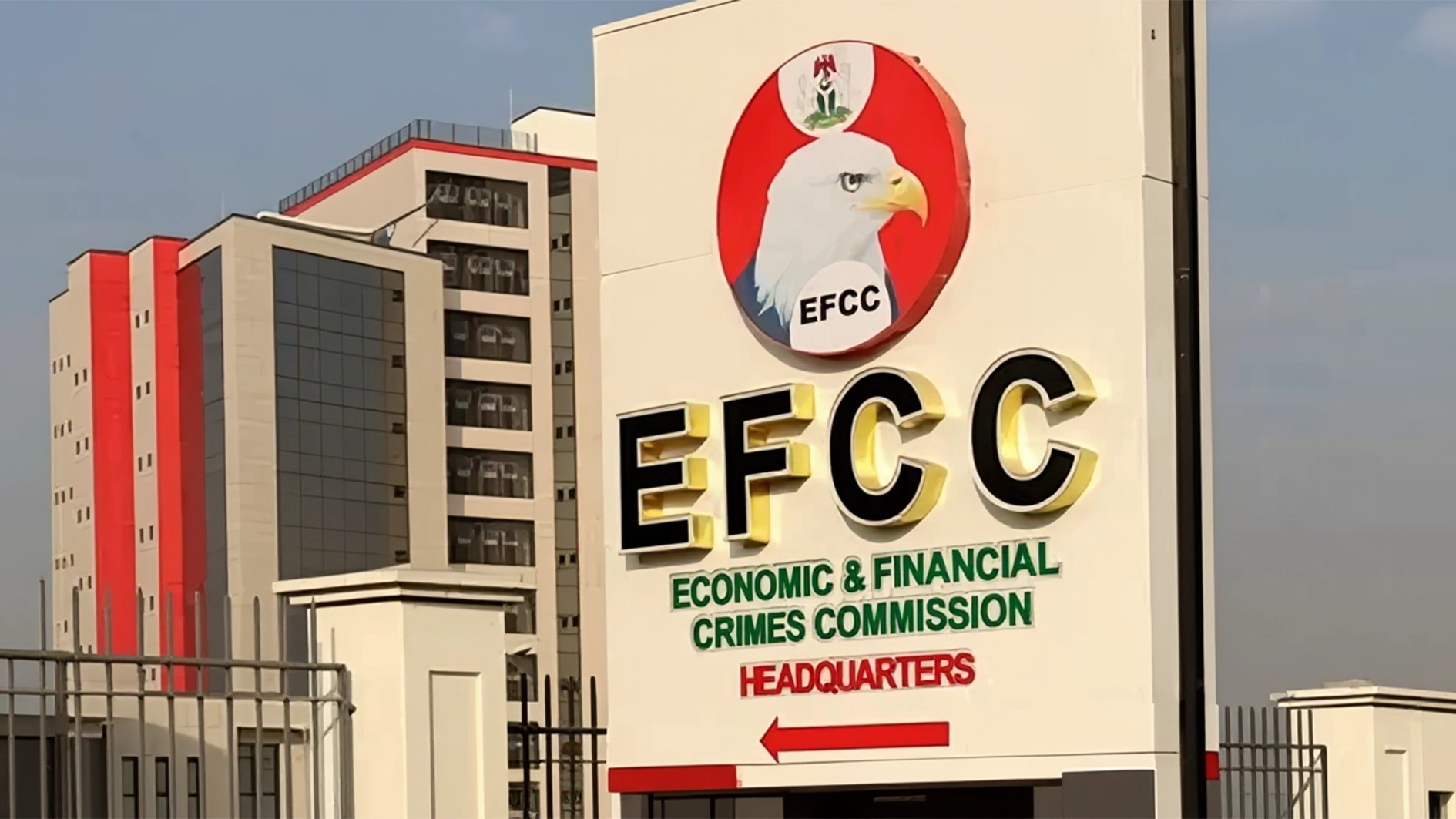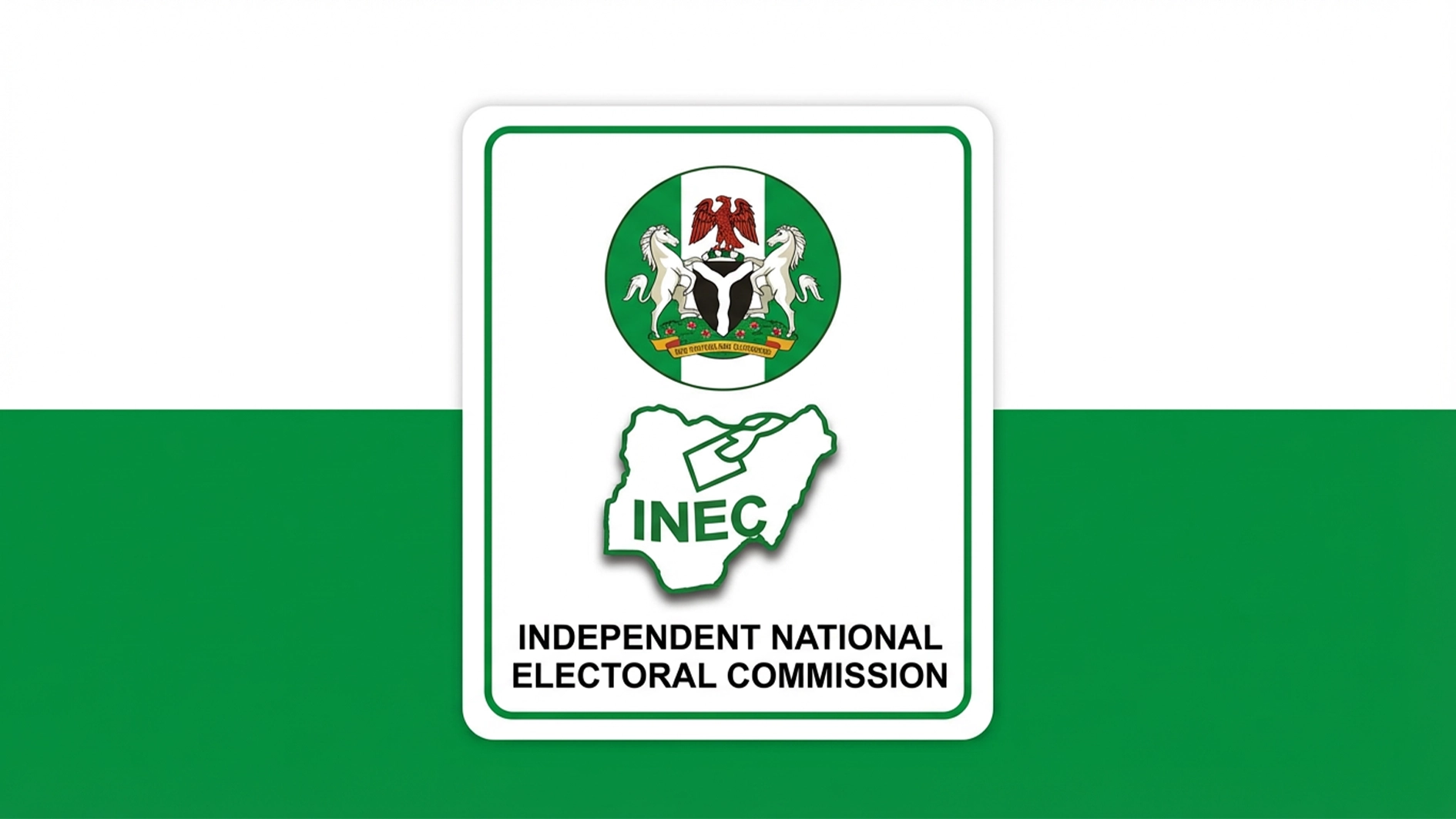A lifestyle and wellness company, QNET, has reiterated its commitment to transparency, community empowerment, and purpose-driven entrepreneurship, urging organisations to uphold zero tolerance for unethical practices.
Speaking during a webinar themed “Together We Rise,” General Manager of QNET in Nigeria, Ayokunmi Solesi, addressed lingering misconceptions about the brand, stating that while some online narratives have been misleading, the company is now taking control of its story through open engagement and authentic storytelling.
“QNET is not just about selling products. It is a brand that leads conversations, a brand committed to transparency, growth, and long-term impact. We’ve seen a lot of conversations online, some true, many not. We believe we’ve been misunderstood, and the best way to correct that is by helping people understand what we truly stand for,” he said.
According to Solesi, QNET is embarking on a deliberate effort to change public perception through storytelling, noting that personal experiences resonate more deeply than press statements.
“Stories move people more than press releases. That’s why social media is so powerful. When someone shares their personal journey, people listen,” he explained.
Highlighting the company’s core mission, Solesi emphasised that QNET remains primarily focused on empowering individuals through entrepreneurship, particularly in countries like Nigeria, where job opportunities remain limited.
“QNET offers a platform not just to make money, but to learn, grow, and take ownership of one’s future. That’s a big deal in Nigeria where people are actively seeking real, sustainable ways to better their lives,” he said.
Beyond its commercial operations, the company also promotes its core philosophy of “Raise Yourself to Help Mankind,” which Solesi described as the belief in rising while lifting others, not only in business but in social impact and shared purpose.
“The essence of QNET’s philosophy is simple: as we grow individually, we must create space for others to grow with us. Today’s session is about reinforcing that message — to inspire action, not just celebrate past events,” he added.
Solesi encouraged continued engagement with the media, the market, and communities in more meaningful ways. She concluded by reaffirming QNET’s global story of empowerment, one that extends far beyond Nigeria to touch lives around the world.
During the webinar, journalists shed new light on the operations of global direct-selling company QNET, following a recent tour to Malaysia, challenging the widespread scepticism and fraud allegations the company has faced in parts of Africa.
The Nation newspaper correspondent, Precious Igbonwelundu, described the visit as transformative.
“I saw thousands of people from India, the Philippines, across Africa and the Middle East all pursuing one goal. They understood that they are not employees, but individual businesspeople working to empower themselves and lift others along the way,” she said.
Igbonwelundu emphasised that QNET goes beyond typical networking or e-commerce models.
“It was an eye-opener. QNET does more of its direct selling practically around its own products, goods, and services produced or manufactured by QNET and the QI Group,” she explained.
She lauded the company’s founders for their humility and vision, saying their passion trickled down into the community of marketers and partners.
“You could feel the love, the emotion, and the clear corporate vision. What struck me most was the level of access we were given to Quest University, QNET’s sister institutions, and research facilities. If this company were a fraud, there’s no way we would be granted that kind of access,” she added.
Also reflecting on the experience, the founder of Catalyst Media Agency, Kayode Bakare, highlighted the massive scale and energy of QNET’s flagship event, V-Convention (V-Con), which drew over 8,000 participants to Penang, Malaysia.
“I had never witnessed such a gathering by a direct-selling company. Participants came from all over the world, and the energy was electric. It was more than just selling products, it was about inspiring people and building communities,” Bakare said.
He recalled a key briefing by QNET executive, John Agama, who clarified several misconceptions surrounding the company.
“There are people fraudulently using the QNET name to scam unsuspecting individuals in Africa, but Agama provided clear explanations on how QNET is combating this and protecting its brand integrity,” he said.
Bakare said the visit offered clarity on QNET’s product line, including innovations such as Edge Plus and eGuard, and also exposed journalists to Malaysian culture and heritage.
“From learning about the products to eating street food in Kuala Lumpur, to touring facilities in Penang, it was a wholesome experience,” he said.
The journalists urged Nigerians to separate fraudulent activities from QNET’s legitimate business operations.
They urged the company to deepen its engagement with the media and expand Corporate Social Responsibility (CSR) initiatives across Nigeria.
Bakare recommended using TV and radio to highlight the company’s latest innovations and product offerings to reach millions of Nigerians.
Igbonwelundu encouraged QNET to adopt door-to-door outreach strategies as a way to connect with grassroots communities. She stressed that consistent engagement with journalists can help reshape public perception and correct widespread misinformation.
She also advised the company to proactively publicise its efforts to distance itself from fraudulent actors who misuse its name.
“If people are arrested for impersonating the company or giving it a bad name, QNET should find a way to publicise such developments. This helps clear misconceptions and showcases the company’s commitment to transparency,” she added.






